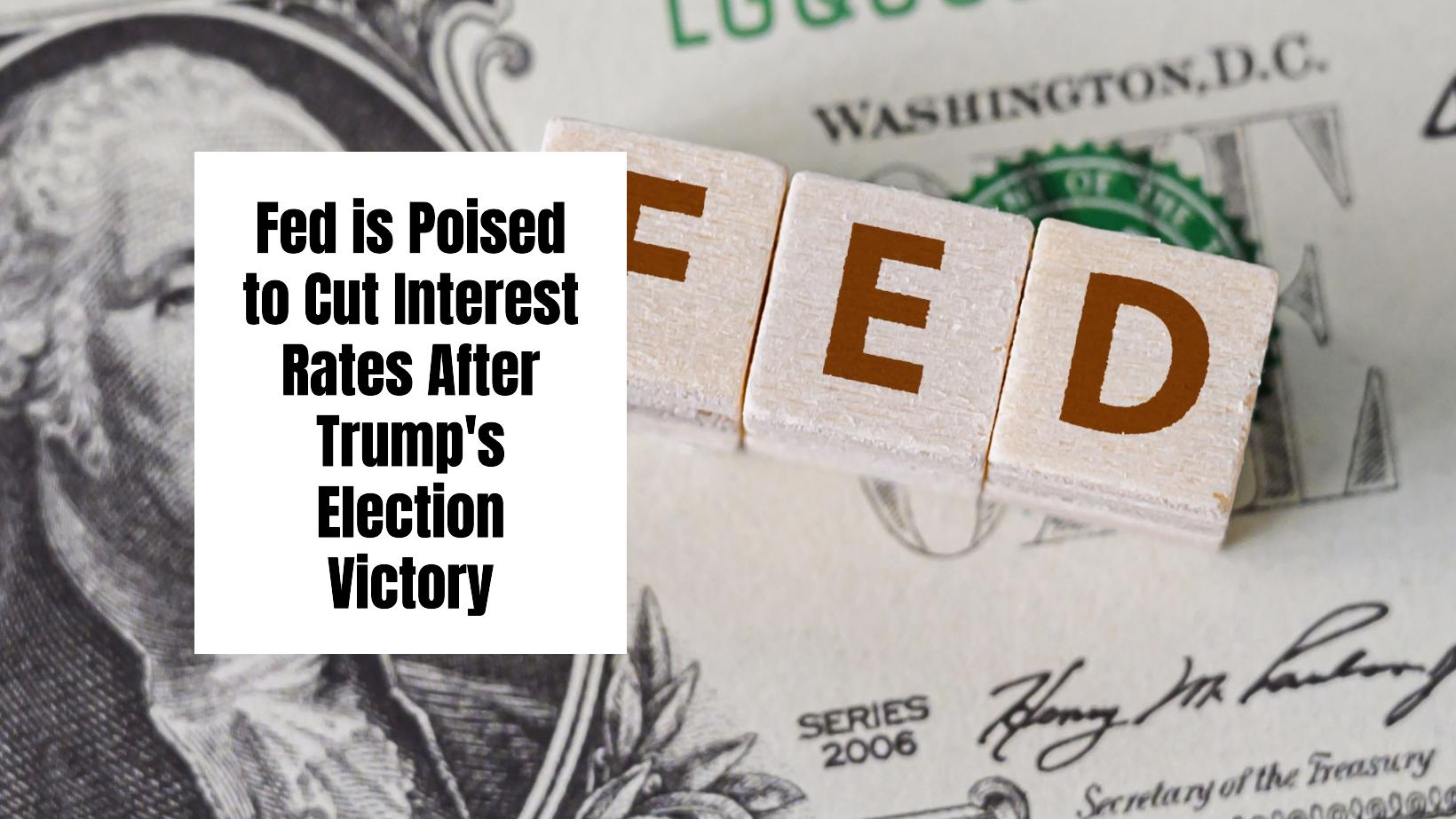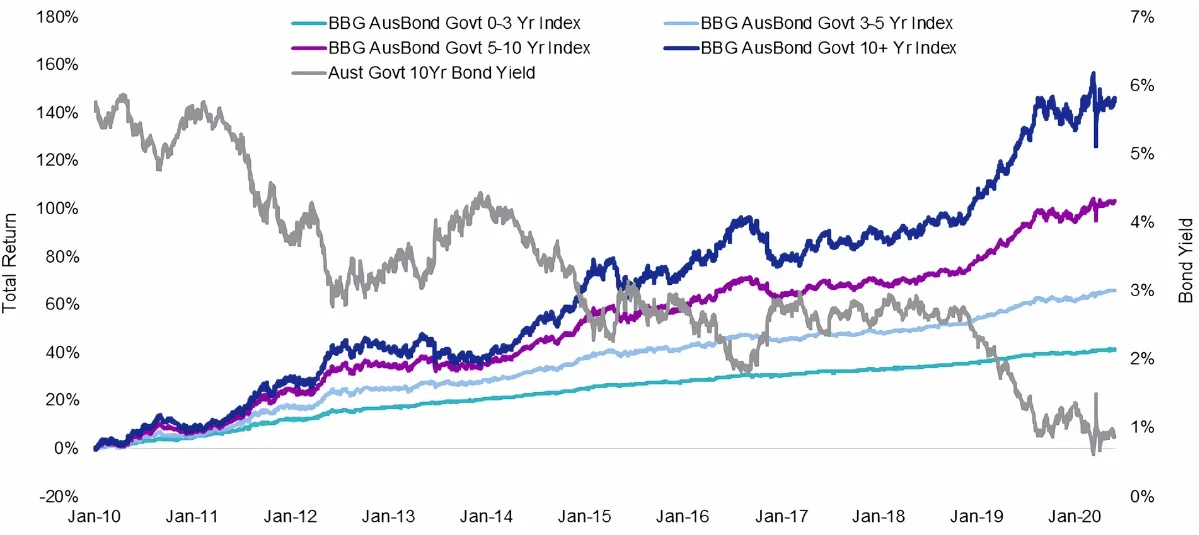Friends, followers, market watchers – the results are in from Singapore’s general election and it’s…predictable. The People’s Action Party (PAP) has already clinched over half of the 97 parliamentary seats, effectively securing another term in power. This isn’t a shock, let’s be honest. But it is a signal – a signal about the enduring political landscape of the city-state, and what it means for investors.

Photo source:www.dreamstime.com
This election marks Prime Minister Lawrence Wong’s first electoral test since taking office in 2024. And he’s passed…with flying colors, albeit colors we’ve seen before. 211 candidates battled for these seats, but the PAP’s long-held dominance wasn’t seriously threatened.
Let’s quickly break down some key context. Singapore operates a unicameral parliamentary system, meaning a single house. Elected members serve five-year terms. The party commanding the majority of seats forms the government. It’s a streamlined system, designed for efficiency, and arguably, stability.
Now, you might be asking: what does this mean for markets? Well, continuity is the key word. Singapore’s pro-business environment and commitment to sound fiscal policy aren’t going anywhere. We can expect continued investment in key sectors like fintech and sustainability.
Understanding the PAP’s dominance isn’t just about political science. It’s about understanding Singapore’s unique blend of economic pragmatism and social conservatism. It’s about appreciating a system built on long-term planning and a strong rule of law.
While some might yearn for greater political competition, the reality is the PAP’s track record – despite criticisms – has been largely credited with Singapore’s remarkable economic success. Whether that success can be maintained in a rapidly changing world remains to be seen. But for now, the status quo prevails. This is not a revolution; it’s an evolution…or perhaps, a continuation.



